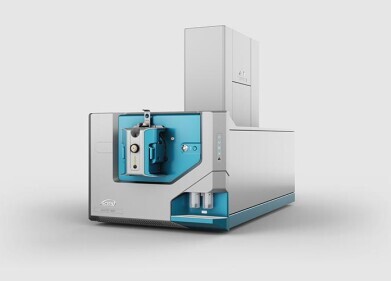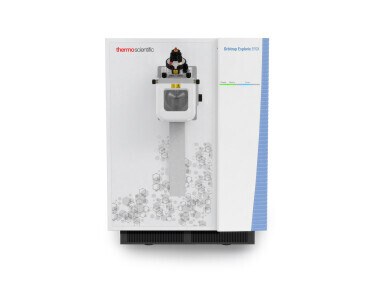Mass spectrometry & spectroscopy
When Does Your Immune System Form?
May 19 2019
In a progressive study that breaks new ground for both biological and mental health, a team of researchers has demonstrated how immune system development is influenced by childhood trauma and allergies. The concept has been coined 'early immune-system programming' and explores the biological effects of psychosocial stress and how it can increase susceptibility to chronic inflammatory diseases and psychiatric disorders later in life.
Working from the Universities of Zurich and Lausanne, the team identified five classes of early immune-system programming. The study was underpinned by the "hygiene hypothesis" which proposes that factors such as good sanitation, urbanisation and pesticides prevent the immune system from encountering certain microbes in the early stages. The hypothesis muses that this type of biological cushioning has an adverse effect on the development of the immune system and can increase the risk of developing chronic inflammatory diseases and allergies, as well as disorders like depression.
Linking childhood trauma to immune system strength
The researchers analysed epidemiological data from 5000 participants, with a focus on the correlation between childhood trauma and the development of allergies, as well as viral and bacterial diseases. Results allowed the team to divide participants into five different 'early immune-system programming' groups.
The largest group, which was made up of around 60% of participants, had "neutral" immune systems and comparatively low cases of diseases like measles, mumps and rubella during childhood. The second-largest group comprised more than 20% of participants, all with "resilient" immune systems and low childhood disease burdens. In comparison, around 9% of participants had "mixed" immune systems and suffered from single allergic disorders like scarlet fever or drug allergies, while 7% were classified as "atopic" and were prone to multiple allergic diseases. The smallest group accounted for just 5% of participants, all exposed to childhood trauma. These individuals were more vulnerable to allergic diseases, though had good resistance to common childhood viral diseases.
A breakthrough for mental health
The researchers also explored the link between the immune system and mental health, with the study suggesting that participants in the "resilient" group were less likely to develop disorders like depression.
"The findings of the study indicate that the human immune system acts like a switchboard between somatic and psychic processes," explains Vladeta Ajdacic-Gross, lead author of the study and research associate at the Epidemiology, Biostatistics and Prevention Institute, University of Zurich. "They help us understand why many people who do not have a history of psychosocial trauma get afflicted by mental disorders and, conversely, why traumatized people show a predisposition to chronic inflammatory diseases."
From university studies to pharmaceutical research, next-generation technology plays a key role in advancing modern medicine. For an introduction to the latest technologies being used to identify chemical compounds within lab samples don't miss 'Optimising measurement conditions for accurate qNMR analysis'.
Digital Edition
Lab Asia Dec 2025
December 2025
Chromatography Articles- Cutting-edge sample preparation tools help laboratories to stay ahead of the curveMass Spectrometry & Spectroscopy Articles- Unlocking the complexity of metabolomics: Pushi...
View all digital editions
Events
Jan 21 2026 Tokyo, Japan
Jan 28 2026 Tokyo, Japan
Jan 29 2026 New Delhi, India
Feb 07 2026 Boston, MA, USA
Asia Pharma Expo/Asia Lab Expo
Feb 12 2026 Dhaka, Bangladesh



















